Security

Protect Yourself from Fake Websites
The internet is a fantastic resource, but it's also a breeding ground for scammers. Fake websites, designed to mimic legitimate businesses, are becoming increasingly sophisticated. Read more...
Read More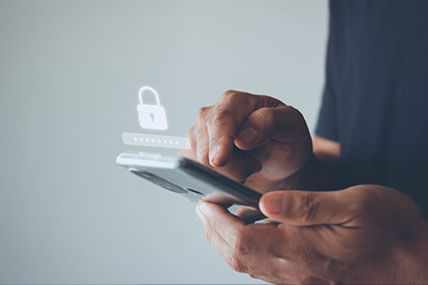
One-Time Passwords Offer Greater Security
In today's world, security is more important than ever. With the ever-increasing threat of cyberattacks, United Heritage Credit Union is taking every step possible to protect our members'...
Read More
Scam Phone Calls and Texts
The UHCU Fraud Department has received multiple reports from members stating that they are receiving text messages and phone calls from individuals impersonating UHCU employees. Read b...
Read More
Phishing Phone Calls/Texts
We want to inform our members that we have received multiple reports of UHCU members receiving phone calls and text messages from fraudsters indicating that they are a United Heritage representa...
Read More
Phishing Emails: Company Impersonations
In an effort to keep our members informed of current online security threats, we wanted to remind you about a continuing trend we’re seeing from scammers who are impersonating large busine...
Read More
Bank Jugging: What It Is and How to Stay Vigilant
Bank Jugging is when a suspect or suspects observe bank/credit union customers entering and exiting the branch, using the drive-thru or accessing the ATM. The suspect(s) then follow the customer...
Read More
How to Avoid a SMiShing Threat
In an effort to keep our members informed of current security threats, we wanted to let you know about a new trend we’re seeing from scammers who are impersonating large businesses through...
Read More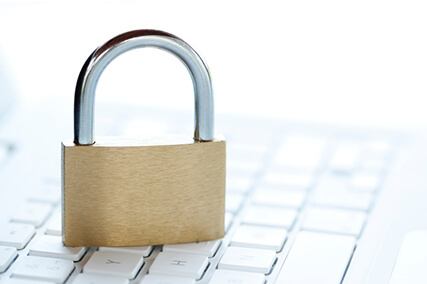
Phishing Emails: Amazon Impersonation
In an effort to keep our members informed of current online security threats, we wanted to let you know about a new trend we’re seeing from scammers who are impersonating large businesses ...
Read More
Credential Stuffing Attacks on the Rise
Credential stuffing attacks are on the rise and it's important for our members to know how to protect their information online. A credential stuffing attack is when usernames and passw...
Read More
Credential Stuffing Attacks on the Rise
Credential stuffing attacks are on the rise and it's important for our members to know how to protect their information online. A credential stuffing attack is when usernames and passw...
Read More
Reminder: Phishing Phone Calls + Security Pop-Ups
We want to inform our members that we have received reports of UHCU members receiving "Security" pop-ups asking them to call an out-of-area phone number, which is connected to fraudste...
Read More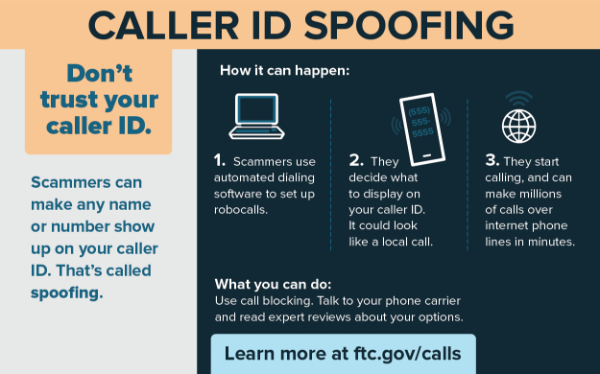
Phishing Phone Calls
We want to inform our members that we have received multiple reports of UHCU members receiving phone calls from fraudsters.
Read More
SMS Phishing Texts
Be aware that we have received multiple reports of UHCU members receiving a suspicious SMS text message requesting action by the member. We will never request this information from our members, ...
Read More
Fraudulent Checks & the Security of Your Account
While many people are taking advantage of paying their bills through Web BillPay, payment using a paper check may still be preferred in some circumstances to avoid transaction fees, for gift giv...
Read More
4 Types of Student Scams and How to Avoid Them
From registering for classes to finding housing, going back to school for the semester can feel like an endless to-do list. It’s easy to get overwhelmed with forms, payments, and schedules...
Read More
That International Call Could Be a Wangiri Scam
There’s a new robocall scam hitting the mobile phone scene and unlike others, this one is baiting you to call back. Dubbed Wangiri scams – Japanese for “one-ring and cut”...
Read More
3 Steps to Take When Your Card is Compromised
Seeing a fraudulent charge on your credit or debit card may make your heart race, but it’s not a moment to panic. Rather, it’s the time to keep a cool head and take deliberate steps ...
Read More
Debit Card Fraud Monitoring Update
Effective Wednesday, June 5, 2019, our debit card monitoring provider, Falcon Fraud Monitoring, is adding SMS/text messages and email as ways they may contact you to discuss potential fraud atte...
Read More
Tips to Avoid Identity Theft
In this age of information, we’ve all heard stories about identity theft and how rampant it has become. Recent stats and studies on identity theft crimes found that data pirates are becomi...
Read More
Romance Scams
With so many sites, apps, and services dedicated to matching people up, the odds of meeting a compatible mate online have greatly increased over the past several years. However, more free and co...
Read More
Fuel Pump Skimmers
Credit card skimmers are discreet smart devices that hackers, thieves, and scammers have been known to install at credit card terminals to steal information and make fraudulent purchases. Read a...
Read More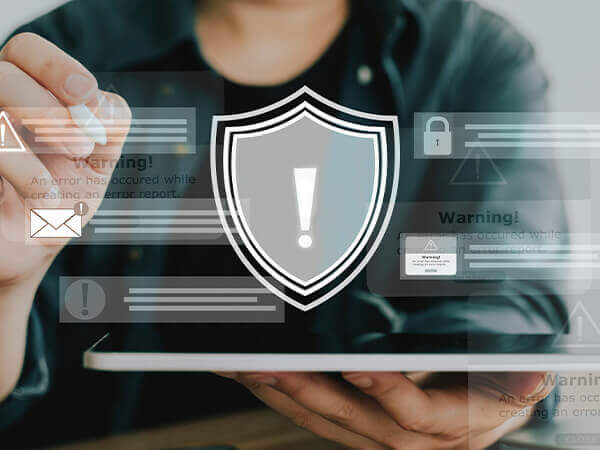
Fake Apps Responsible for Banking Fraud
Android phones are extremely popular and therefore are targeted by malicious apps in order to steal banking information.
Read More
Watch Out for These 3 Common Scams
Scams come in many varieties, and millions of people fall victim to them each year. Learn about some of the most common tactics and check out these practical tips to help you spot and avoid scam...
Read More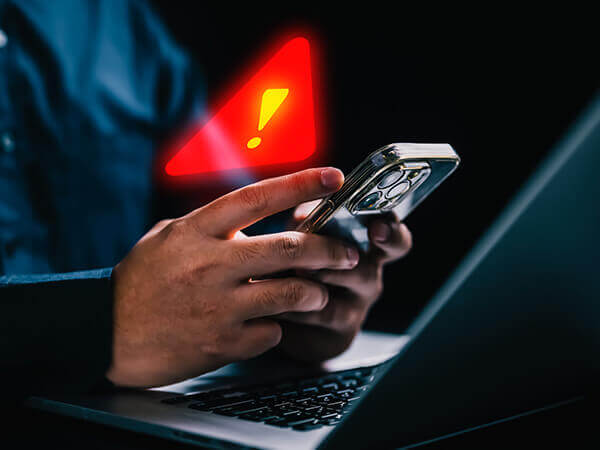
Beware of Port-Out Phone Scams
Fraudsters are illegally transferring cell phone numbers from one wireless provider to another in what are known as port-out scams.
Read More
Protecting Yourself from Identity Theft
Identity theft occurs when a thief steals someone's personal information to commit fraud. Generally, the thief will use a stolen Social Security number or other personal information to open ...
Read More
Security in the Online Banking Era
What do you need to keep in mind when using online banking in order to stay secure? Read this post for helpful tips.
Read More
IRS Warns of Impersonation Telephone Scam
Scammers impersonating Internal Revenue Service employees are calling taxpayers and claiming they owe the IRS money that must be paid through a pre-loaded debit card or wire transfer. In an effo...
Read More
Protecting Yourself from Email Fraud
United Heritage reminds individuals to never provide an entity they do not know and/or trust with any personal, sensitive information via email.
Read More
4 Scams You Should Know About
As fraud constantly evolves, United Heritage Credit Union reminds members to remain vigilant when it comes to their finances. Outlined in this blog post are a number of common scams that you can...
Read More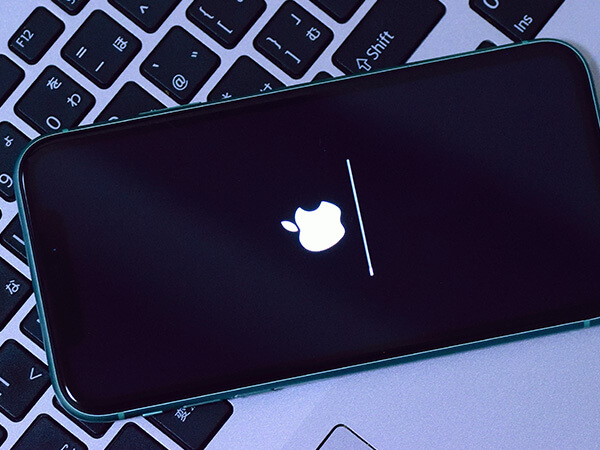
Scam Alert: Criminals Hack into Apple Devices to Demand Ransom
Criminals are tricking Apple users into sending them money by hacking in to users' Apple accounts and convincing them that their devices have been compromised via a message on their Apple de...
Read More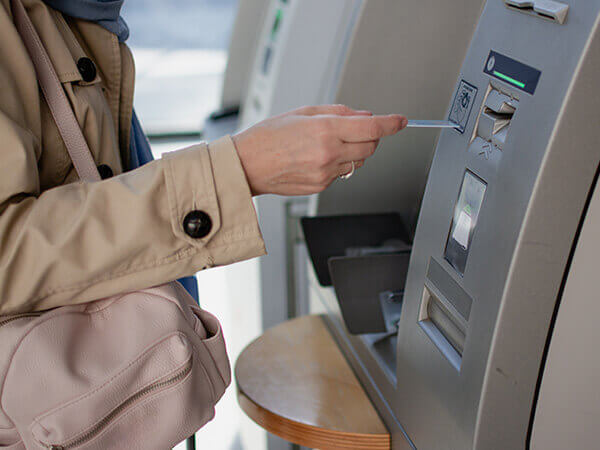
Jugging Robbery Trend Targets Bank Customers
In lieu of a recent increase of a crime known as jugging, United Heritage Credit Union would like to remind members to be aware of their surroundings when withdrawing cash.
Read More
Scam Alert: Telephone Wire Request
In light of a recent scam, United Heritage Credit Union urges members to remember to never arrange the transfer of money or provide personal information to unknown entities.
Read More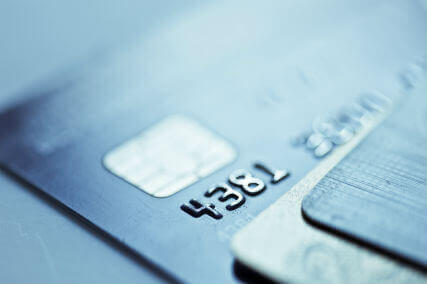
EMV Cards: What You Need to Know
An EMV card is a standard-size credit or debit card that has a microchip embedded on the front of the card in addition to the traditional magnetic strip on the back.
Read More
Romance Scams Revisited
Each year the popularity of online dating increases, the more people become susceptible to online dating scams. Yet, scammers who troll such social sites use the same-old tactics to swindle thei...
Read More
Bash Bug: What You Need to Know
Security experts have recently discovered a flaw in the system software used within most internet-connected devices –even Mac computers. Shellshock affects the Bash application, software t...
Read More
Security Warning: The Heartbleed Bug
An internet vulnerability affecting roughly two-thirds of all websites was recently discovered. Websites that use free, open source forms of encryption (OpenSSL) are at risk. UHCU’s w...
Read More
Your Security is Our Priority
United Heritage Credit Union considers the protection and security of our members’ personal information a very serious matter. With this in mind, we launched our new Online Banking system ...
Read MoreSecurity News & Updates
Security FAQs
How to Protect Yourself from Fraud
- Always log out after accessing your account online or from a mobile device.
- Never store personal information or passwords on your device.
- Use caution when accessing your account via Wi-Fi, since hotspots can be compromised.
- Never click links in SPAM emails.
- Monitor your financial statements regularly to ensure no suspicious or unexplained activity is present; dispute any activity that looks suspicious as soon as possible.
- Periodically check your credit report to ensure your personal information is accurate.
- Never give your account number or social security number to others and do not send this information via email.
How to Report Fraud
To report fraud on your UHCU account, or if you have any questions regarding activity on your account, call 512.435.4545, 903.597.7484 or 800.531.2328.
How We Protect You from Fraud
- Account numbers are masked on transaction receipts and statements.
- Proper identification is required for all transactions.
- High security, such as multi-factor authentication, is utilized for all online/mobile transactions.
- We offer secure contact via online messaging.
- We never sell or share personal information.
- We offer instant issue debit cards so there is no risk of your debit card being lost in the mail.
- We offer eStatements so that there is no paper trail to dispose of.
- We do not retain your address or domain when you access our website.
- We never ask you via phone, text or email for your account number or social security number.
- We allow you to password protect your account for in-person transactions.
- We use secure, encrypted transmission for member/loan applications and secure eSignature for loan closings.
How are financial institutions and consumers impacted by The USA PATRIOT Act?
Consumers and financial institutions are most impacted by the personal identification (ID) portion of the Act, which is designed to reduce the possibility of consumer identity theft. Instances of identity theft have increased in recent years and the Act, along with its Homeland Security features, strives to reduce the possibility of identity theft for each consumer. Financial institutions have the responsibility of verifying and documenting the identity of consumers opening new accounts. Consumers have the responsibility, when opening a new account with a financial institution, of providing acceptable ID and a physical address to verify their identity.
